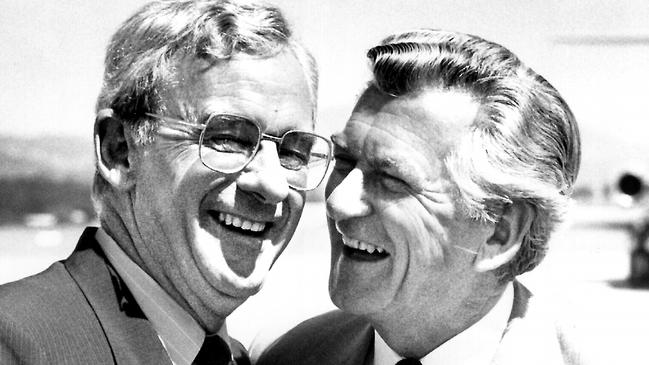
There was another side to Hayden that was rarely evident in public: he was often a shrewd judge of character, policies and events, and he loved to gossip with anecdotes and stories of politics past. I was privileged to hear these during dozens of interviews and phone conversations with him over the past decade.
In Hayden’s autobiography, he recalled being summoned to Bob Hawke’s suite at the Wrest Point Hotel Casino in Hobart during Labor’s 1988 national conference. Hayden was foreign minister and Hawke prime minister. As the door swung open, Hawke stood “stark naked” having just showered and rubbing a towel across his back.
And there it was. “While his important appendage was dingling and dangling as he moved, I kept a straight face, trying to ignore the entertaining idiocy of the act, and talked about my recent trip,” Hayden wrote. “I couldn’t help thinking how far from impressive were the dimensions of the apparatus which he displayed with such evident pride and satisfaction.”
Hayden phoned to make sure I knew Hawke’s reaction when this assessment was published. He recalled Hawke confronting him at a function.
“He came over and gave me a punch in the solar plexus and I fell back in my chair,” Hayden recalled. “People around me fell into laughter, thinking it was a joke.” Hawke came within an inch of his face and said it was “cheap and nasty”, and threatened to sue him if he repeated it. Hayden, with a chuckle, said he had hit Hawke where it hurt most. Although they fought a leadership battle, and Hayden eventually surrendered the Labor leadership in 1983, he thought Hawke was a good prime minister.

As foreign minister (1983-88) and prime minister, Hayden and Hawke worked well together. They gave each other room to make a solid contribution to Australia’s foreign policy.
“Bob always regarded himself as a great politician, and he was,” Hayden said of Hawke. “That was why I called him the Don Bradman of Australian politics when he died because, although not everything he did was perfect, he had a very high average when it came to political successes. Nobody was better at politics, and as a politician, than Bob.”
Gough Whitlam was Labor’s deputy leader when Hayden entered parliament. They were like-minded on the need to reform the party’s structures and modernise its policies. When Whitlam led Labor to power in 1972, he gave Hayden the social security portfolio (1972-75) and responsibility for establishing Australia’s first universal health scheme, Medibank.
He saw Whitlam as bold, courageous and visionary, but also flawed. He recalled cabinet meetings being chaotic, ministers being undisciplined and decisions being implemented too rapidly. Yet these were the most fulfilling years of his time in politics, including his brief stint as treasurer in 1975 with a focus on reducing spending.
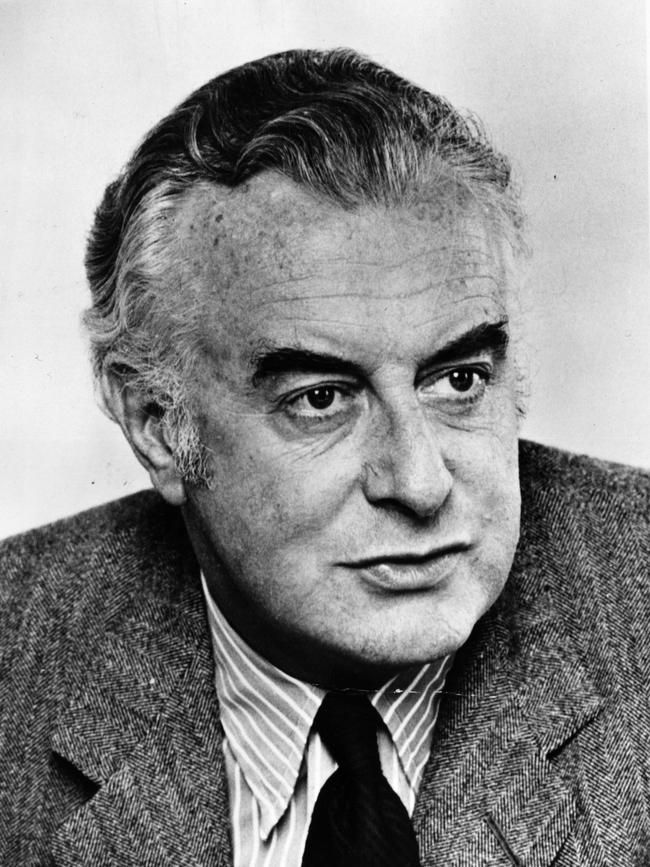
“His legacy is intellectual,” Hayden said of Whitlam. “We became a better-educated community because of Gough. Gough was never afraid of a fight or an argument because he had an intellectual superiority. He would win.”
Hayden also recalled briefing Sir John Kerr about government financing during the 1975 supply crisis and his “copper instincts” telling him Kerr was contemplating dismissal. He immediately went to Whitlam to offer a warning. “No, comrade,” the prime minister replied. “He wouldn’t have the guts.”
Paul Keating served in two cabinets with Hayden. They were close. Hayden admired Keating’s bravery on policy, his fearlessness, conviction and style. He made the critical decision, in early 1983, to make Keating shadow treasurer. Hayden judged Keating to be a first-rate treasurer and fine prime minister. Keating reminded him of a Spanish matador he once saw in a film.
“The bull is snorting and getting ready to charge,” Hayden recalled. “The matador pulls out this long, finely bladed sword. The bull charges. The matador, all courage and style, is not in the least bit intimidated. He holds out his sword. He spears the bull between the eyes. Down it goes. He has got his target.” That was Keating, Hayden said.
Hayden also saw many Liberal prime ministers up close. He found Robert Menzies “pompous” but “impressive”. Harold Holt was “totally unimpressive”. John Gorton was “ill-disciplined” but he warmed to him and thought his “instincts” for Australia were right. Billy McMahon “couldn’t look at you straight” and was “untrustworthy”. Malcolm Fraser was “patronising” and acted like “the senior prefect” giving lectures.
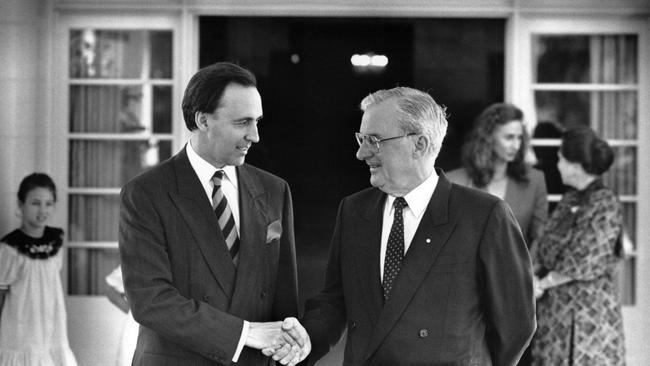
In his vice-regal correspondence to Buckingham Palace (1989-96), Hayden gave these types of assessments full expression. He told Queen Elizabeth II that Hawke’s popularity defied rational understanding; that Keating was “charming” and “ambitious”; Andrew Peacock was “lacking gravitas”; John Hewson’s policies were “half-baked”; John Howard should not be underestimated. The letters were also self-deprecating. He once referred to the “unspectacular performance” of the Labor leader before Hawke.
Hayden had many talents. Above all, though, he was a modest and decent man who made a lasting contribution to his party and the nation. He believed in the nobility of public service. And he demonstrated that anybody, no matter their background or upbringing, or their flaws, can make a difference. That is also worth remembering.


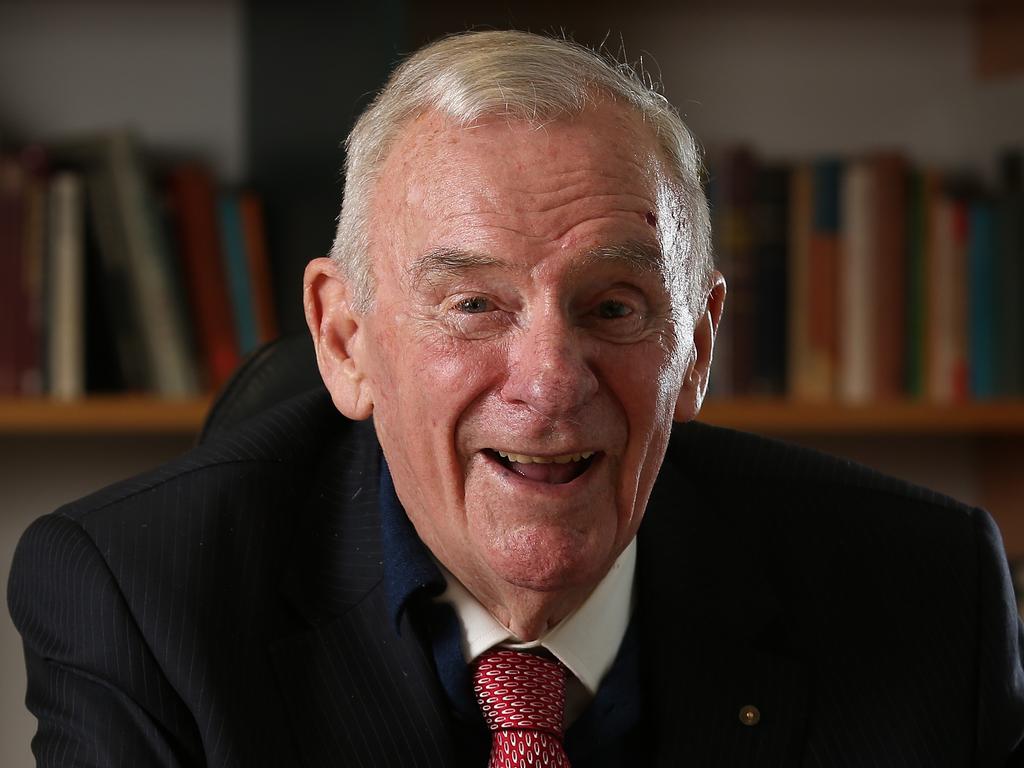
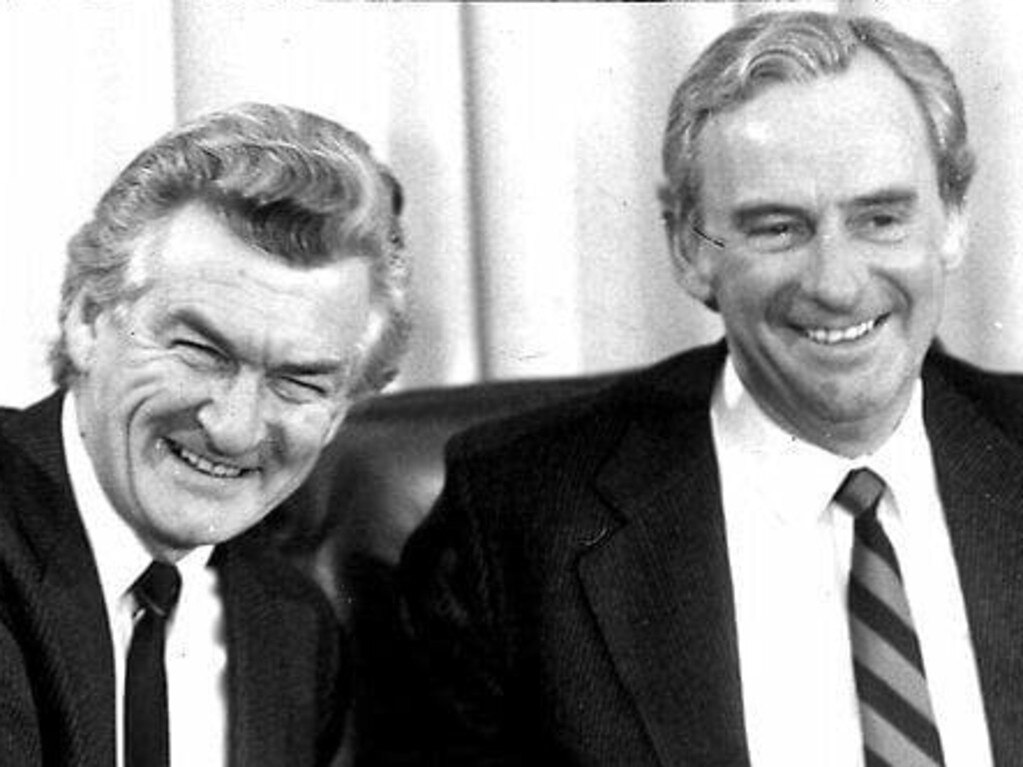

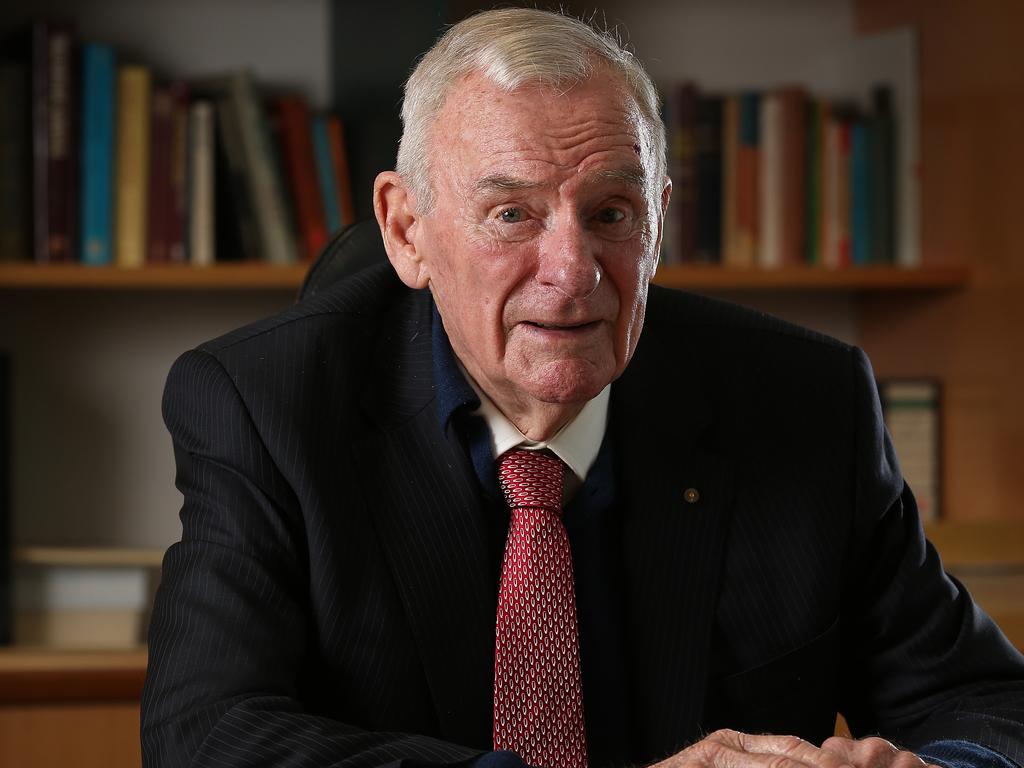


Bill Hayden, who died at age 90 on Saturday, was many things: the youngest MP when elected to federal parliament in 1961, a reforming minister in the Whitlam and Hawke governments, the Labor leader who transformed his party and made it ready for government, and a distinguished governor-general.